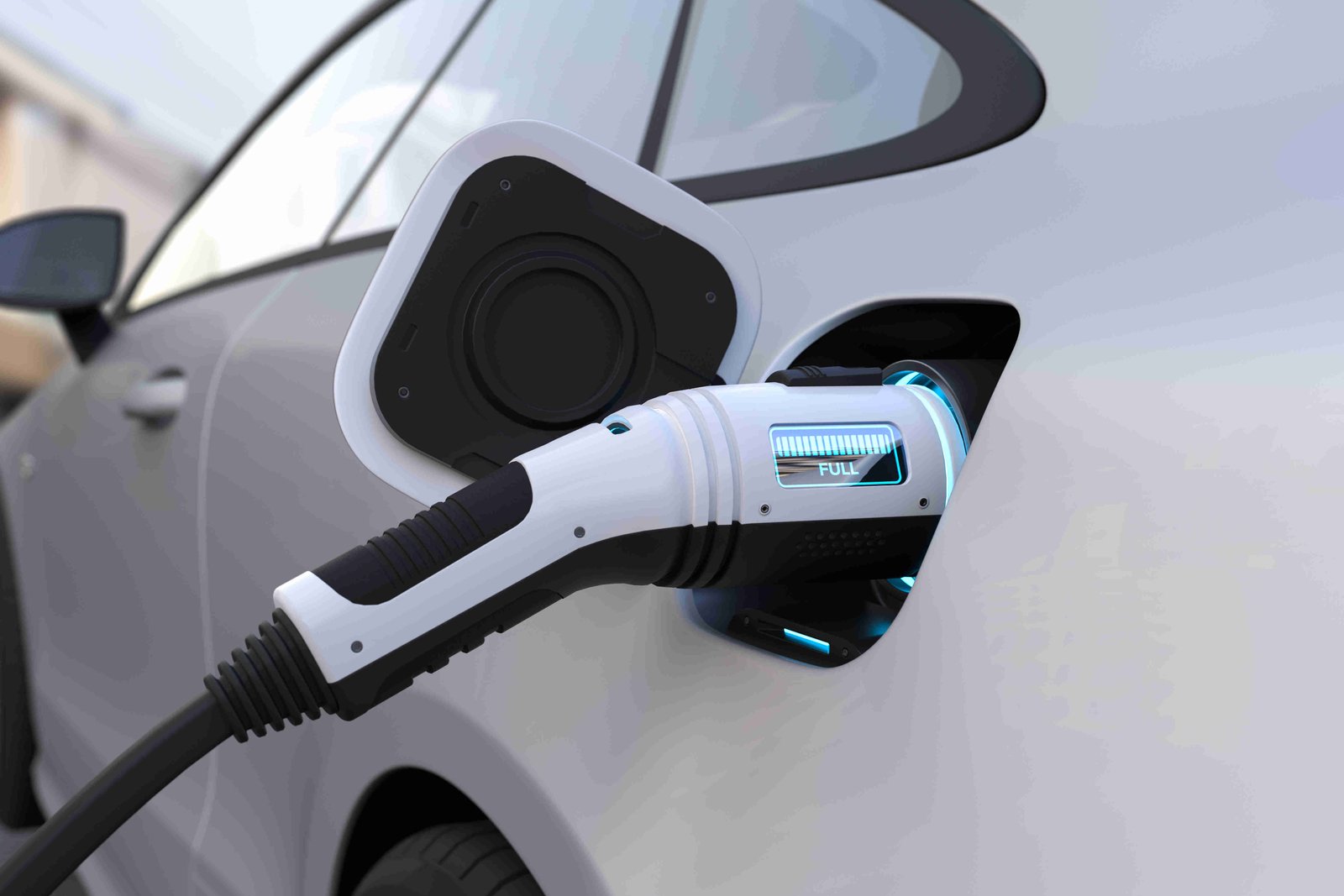Electric vehicles (EVs) are the future of transportation. They are more efficient, cleaner, and quieter than traditional gasoline-powered cars. But what does the future hold for EV technology?
More energy
One of the most important areas of development in EV technology is battery technology. Researchers are working on new battery chemistries and designs that will increase the energy density of batteries, allowing EVs to travel further on a single charge.
For example, solid-state batteries are a promising new technology that could offer significant improvements in energy density, safety, and lifespan over current lithium-ion batteries. Solid-state batteries are still in the early stages of development, but they have the potential to revolutionize the EV industry.
Less cost
Another key area of development is the cost of EVs. The cost of batteries has been falling steadily in recent years, and this trend is expected to continue. As the cost of batteries continues to fall, EVs will become more affordable and accessible to consumers.
In addition to the cost of batteries, the cost of other EV components, such as electric motors and power electronics, is also decreasing. This is due to advances in manufacturing technology and the increasing economies of scale as more EVs are produced.
A greener world
EVs offer a number of environmental benefits. They produce zero tailpipe emissions, which helps to improve air quality and reduce greenhouse gas emissions. EVs also have a lower overall carbon footprint than traditional gasoline-powered cars, even when the electricity used to charge them is generated from fossil fuels.
As the world transitions to a cleaner energy grid, the environmental benefits of EVs will only become more significant. EVs also offer the potential to reduce noise pollution and improve traffic congestion.
The future of EV technology is bright
EV technology is advancing rapidly, and new innovations are emerging all the time. In the coming years, we can expect to see EVs with longer ranges, lower prices, and even more environmental benefits.
Here are some specific examples of EV technology that is currently in development:
Bidirectional charging: This technology would allow EVs to charge from the grid and also discharge power back to the grid, helping to balance the load and support renewable energy integration.
Vehicle-to-vehicle (V2V) charging: This technology would allow EVs to share power with each other, which could be useful in emergency situations or to extend the range of EVs on long trips.
Autonomous driving: EV technology is being closely integrated with autonomous driving technology. This has the potential to revolutionize transportation, making it safer, more efficient, and more accessible.
Overall, the future of EV technology is very promising. EVs are becoming more affordable, more efficient, and more environmentally friendly. As EV technology continues to advance, we can expect to see EVs become the dominant mode of transportation in the years to come.










